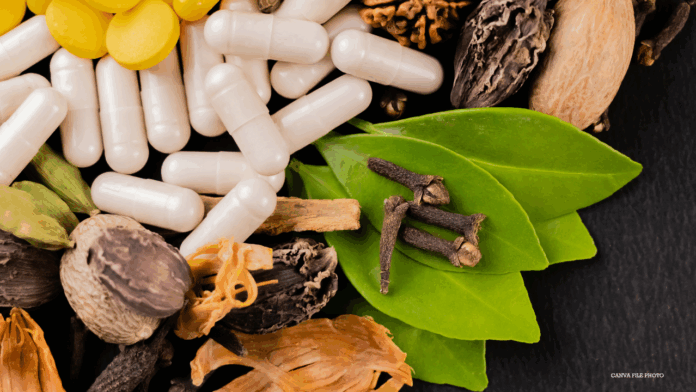Traditional and herbal medicine remains a part of life in the Philippines, with many Filipinos still turning to hilot, herbal teas, and other traditional practices for healing.
Recognizing the importance of formalizing and regulating these practices, the government strategized to include them in our national health system through the creation of the Philippine Institute of Traditional and Alternative Health Care (PITACH) under Republic Act No. 8423, or the Traditional and Alternative Medicine Act of 1997.
PITACH operates under the Department of Health (DOH), and is tasked with promoting, developing, and regulating traditional and complementary health care within the country.
PITAHC’s responsibilities also include conducting research on local medicinal plants, developing quality standards for herbal and alternative health products, accrediting practitioners and facilities, and providing training for health workers. Likewise, it conducts public information campaigns to help Filipinos identify safe and effective healing methods beyond mainstream medicine.
In 2024, PITAHC certified 216 traditional medicine practitioners and accredited 20 health care facilities. It conducted 199 training sessions across the Philippines, covering hilot, herbal preparation, acupressure, and similar practices.
These sessions reached more than 6,000 participants, many of them barangay health workers and community volunteers. The agency also organized the TCIM (Traditional, Complementary, and Integrative Medicine) Hospital Congress and the TCIM National Conference, which gathered experts, local officials, and advocates to discuss the future of traditional health care in the country.
Beyond training and education, PITAHC supports the production of herbal products through its processing plants in Tuguegarao, Tacloban, and Davao. In 2024, these plants produced more than 11 million tablets of Lagundi and Sambong, as well as over 115,000 bars of herbal soap. The agency also recognized outstanding local government programs through its “Seal of Excellence” awards, which give due recognition to cities, municipalities, and DOH hospitals that actively promote safe and accessible traditional medicine.
PITAHC’s efforts have earned recognition at the national level. The agency retained its ISO 9001:2015 certification for quality management and was named first runner-up in the 2024 Freedom of Information Awards under the government-owned and controlled corporations category.



